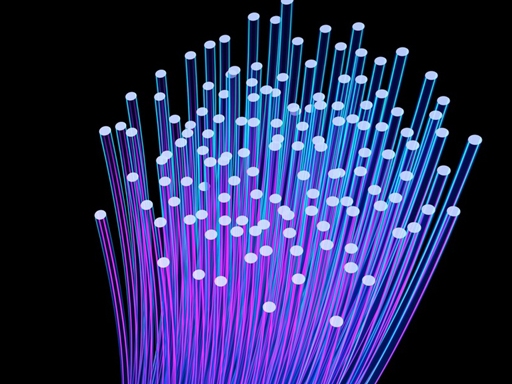UK election: the internet gets our vote
Two and a half cheers for digital democracy

We were promised the UK's first digital election, but we didn't really get one: the technology that really shook up this year's campaign was television, not Twitter.
That's partly because the party leaders' TV debates were a genuinely new development, and it's partly because nobody's going to change their voting intentions just because somebody on the internet tells them to.
That doesn't mean technology hasn't played a crucial part, though. It has. Through a combination of sarcasm, sniggering, Photoshop and good old-fashioned fact-checking, technology has been the real opposition in this campaign. Not opposition to a particular party, but opposition to a particular way of doing things.
Most of what we've seen in this campaign has been stage-managed. Activists stand in the right place to make empty places look busy on camera, cheering crowds aren't the unbiased, spontaneous gatherings they purport to be, off-the-cuff remarks have been rehearsed for months and how things are reported in the papers depends on the political filter of each particular newspaper.
If you didn't watch the leaders' debates on TV, you'd have ended up with very different views of who said what depending on which paper you picked the following morning.
Technology is the heckler
If political campaigns and coverage are one big performance - which they are - then technology is the heckler saying the things the politicians don't want you to hear.
Get daily insight, inspiration and deals in your inbox
Sign up for breaking news, reviews, opinion, top tech deals, and more.
It's diluted the power of political posters - by the time we'd seen the parties' real posters, we'd already seen dozens of parodies - and it's done the same with newspapers, whether it's taking the mickey out of the Sun's rather lame Obama-esque image this morning or skewering the Daily Mail's pathetic "CLEGG IS A BIG GAY HITLER" campaign with the #nickcleggsfault hashtag.
It hasn't changed everything, of course. Lots of people will vote today on the basis of newspaper half-truths, or deliberate distortions by political opponents. Racists and lunatics will vote for racists and lunatics, and so on.
But over the course of the campaign there's been a definite difference: younger voters aren't looking to newspapers for their political fix; they're going online. They're chortling along to the leaders' debates, retweeting examples of political idiocy, checking voting records to see whether the reality matches the rhetoric.
Something else has changed, too. Increasingly we expect our politicians to engage with us, to interact, to respond to our concerns. When they don't - as happened with the Digital Economy Bill, which of course is now the Digital Economy Act - we're furious, and some of us may seek revenge at the ballot box.
The converse is true, too. When politicians do engage, when they do interact, we're more likely to respect them. For example, when I voted today, I voted for a politician who's constantly available, who responds to email, who uses Twitter not just to broadcast party political guff but to respond to constituents and to publicise upcoming surgeries.
When there's precious little clear water between the parties - for example, no matter who gets in, the next few years are going to be pretty hellish - how politicians and political hopefuls do things digitally is going to become increasingly important.
------------------------------------------------------------------------------------------------------
Liked this? Then check out UK election: the parties' tech policies examined
Sign up for TechRadar's free Weird Week in Tech newsletter
Get the oddest tech stories of the week, plus the most popular news and reviews delivered straight to your inbox. Sign up at http://www.techradar.com/register
Writer, broadcaster, musician and kitchen gadget obsessive Carrie Marshall has been writing about tech since 1998, contributing sage advice and odd opinions to all kinds of magazines and websites as well as writing more than a dozen books. Her memoir, Carrie Kills A Man, is on sale now and her next book, about pop music, is out in 2025. She is the singer in Glaswegian rock band Unquiet Mind.
